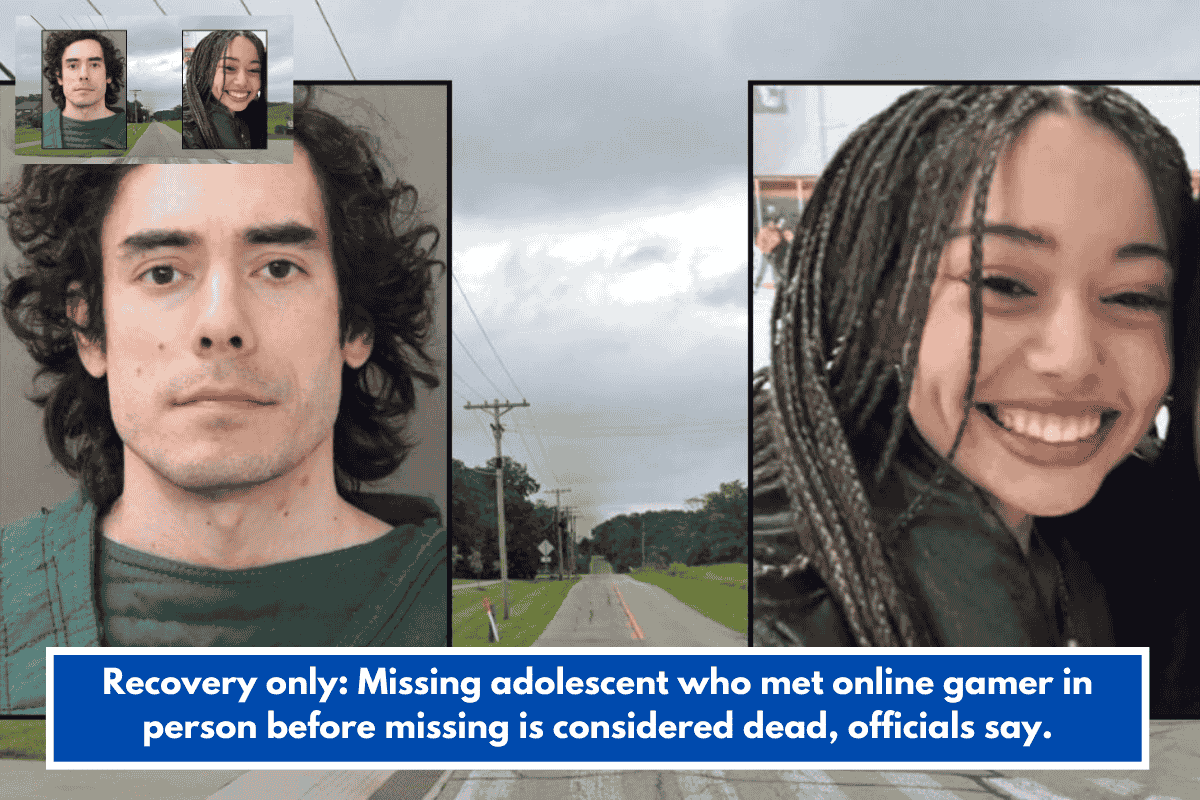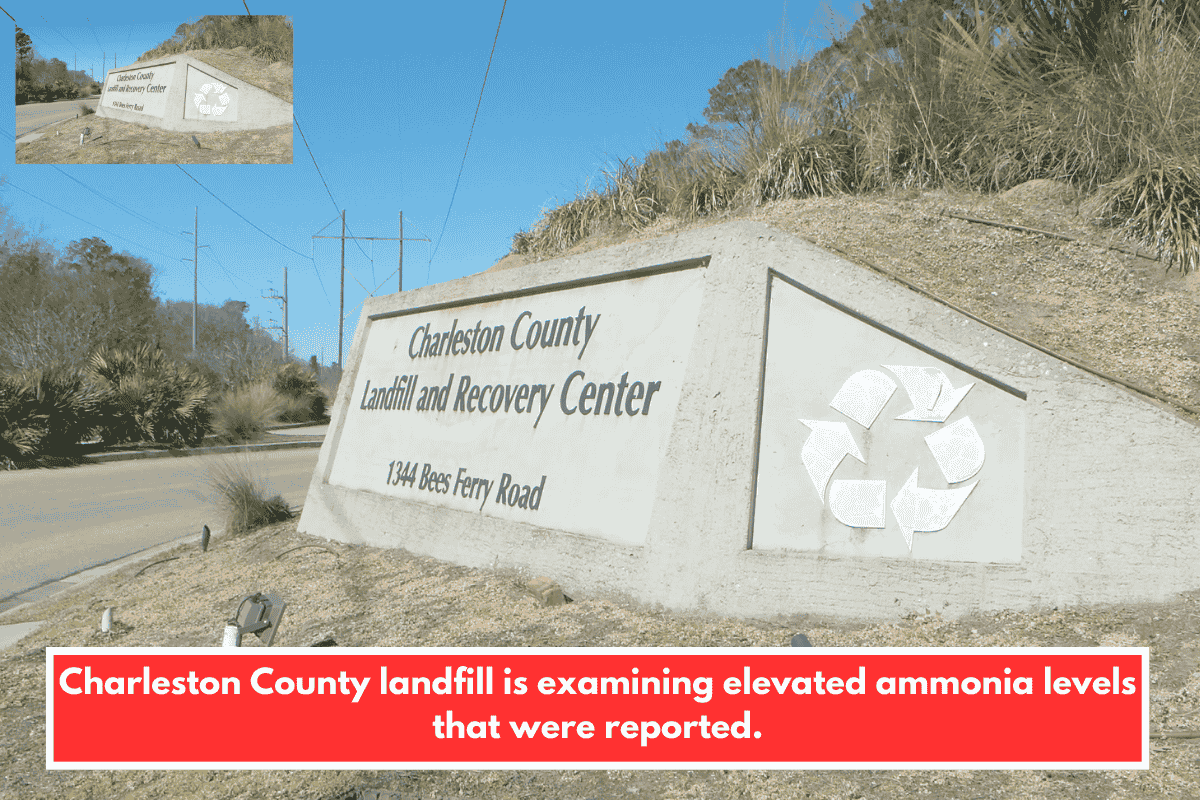A new legal battle is unfolding in the aftermath of a recent U.S. Supreme Court ruling that limited the power of district courts to issue nationwide injunctions. In this case, a Congolese refugee known by the pseudonym Pacito is pushing for the continuation of a preliminary injunction that blocks the Trump administration’s efforts to dismantle the U.S. refugee resettlement program. This filing highlights how the high court’s ruling is being interpreted and challenged in ongoing litigation.
Background of the Case:
The case involving Pacito and other plaintiffs stems from actions taken during the Trump administration to suspend the U.S. Refugee Admissions Program (USRAP) through executive orders. The plaintiffs argued that these actions violated federal law, prompting legal challenges. In February, U.S. District Judge Jamal Whitehead issued a preliminary injunction, barring the Trump administration from continuing its efforts to dismantle the program. However, after the Supreme Court’s decision in Trump v. CASA on June 27, the plaintiffs found themselves navigating the complex implications of the ruling on their ongoing case.
Impact of the Supreme Court’s Ruling:
The Supreme Court’s decision in Trump v. CASA reshaped the landscape for nationwide injunctions. In a highly divided decision, the Court ruled that district courts no longer have the authority to grant universal injunctions that apply nationwide. The ruling primarily aimed to curb judicial power in favor of the executive branch. However, in the case of Pacito, the plaintiffs argue that this decision does not impact their situation and that the district court can continue enforcing its injunction.
The Plaintiffs’ Argument:
The plaintiffs, including Pacito, argue that despite the Supreme Court’s ruling, the district court still retains the authority to enforce its prior injunctions. The seven-page motion filed by Pacito emphasizes that the Court can preserve the status quo and maintain its earlier rulings. They assert that since the case is already under appeal, the injunction granted should remain in effect and not be altered.
The plaintiffs also argue that the CASA decision does not affect their case due to its distinct nature. Their motion explains that since the relief granted in their case applies to a class of refugees, and not just individual plaintiffs, the case might be treated differently. The brief highlights Justice Brett Kavanaugh’s concurrence in CASA, which suggested that class actions could potentially be used to achieve the same nationwide relief previously provided by universal injunctions.
Government’s Response:
In its own filing, the government contends that the injunction granted by the district court is overly broad and beyond the scope of what the law allows. The government urges the court to await further guidance from the 9th Circuit Court of Appeals before taking any further action. Additionally, the government disputes the plaintiffs’ claim of non-compliance with the earlier injunction, arguing that the relief granted extends too far beyond the parties involved in the case.
The government also insists that the injunction is no longer needed because the Supreme Court has already ruled that nationwide relief is not permissible. As a result, they argue that any changes should be limited to the specific parties involved.
Class Action Argument:
The plaintiffs make a crucial argument regarding the class action nature of their case. They point out that the relief granted was intended for a group of refugees, not just the individual plaintiffs. Since class actions are governed by specific rules under the Federal Rule of Civil Procedure 23, they contend that the case might still justify broader relief, even in light of the CASA decision.
APA Violations and Judicial Authority:
The plaintiffs further argue that some of their claims are based on violations of the Administrative Procedure Act (APA), which governs how federal agencies make decisions. They contend that the Supreme Court’s CASA decision did not address whether courts can vacate federal agency actions under the APA, and thus, their claims remain valid.
By focusing on the APA violations, the plaintiffs assert that their case involves issues that are distinct from the matters addressed in CASA. This legal distinction may allow the district court to continue enforcing its injunctions without the limitations imposed by the Supreme Court’s ruling.
As the legal battle continues, the plaintiffs in this case, including Pacito, are pushing to preserve the status quo and enforce the injunction against the Trump administration’s refugee policies. With the Supreme Court’s decision narrowing the scope of nationwide injunctions, the case will likely set the stage for future legal strategies involving class actions and the Administrative Procedure Act. Whether the district court will grant the plaintiffs’ request to continue enforcing the injunction remains to be seen, but the outcome will have significant implications for similar cases moving forward.














